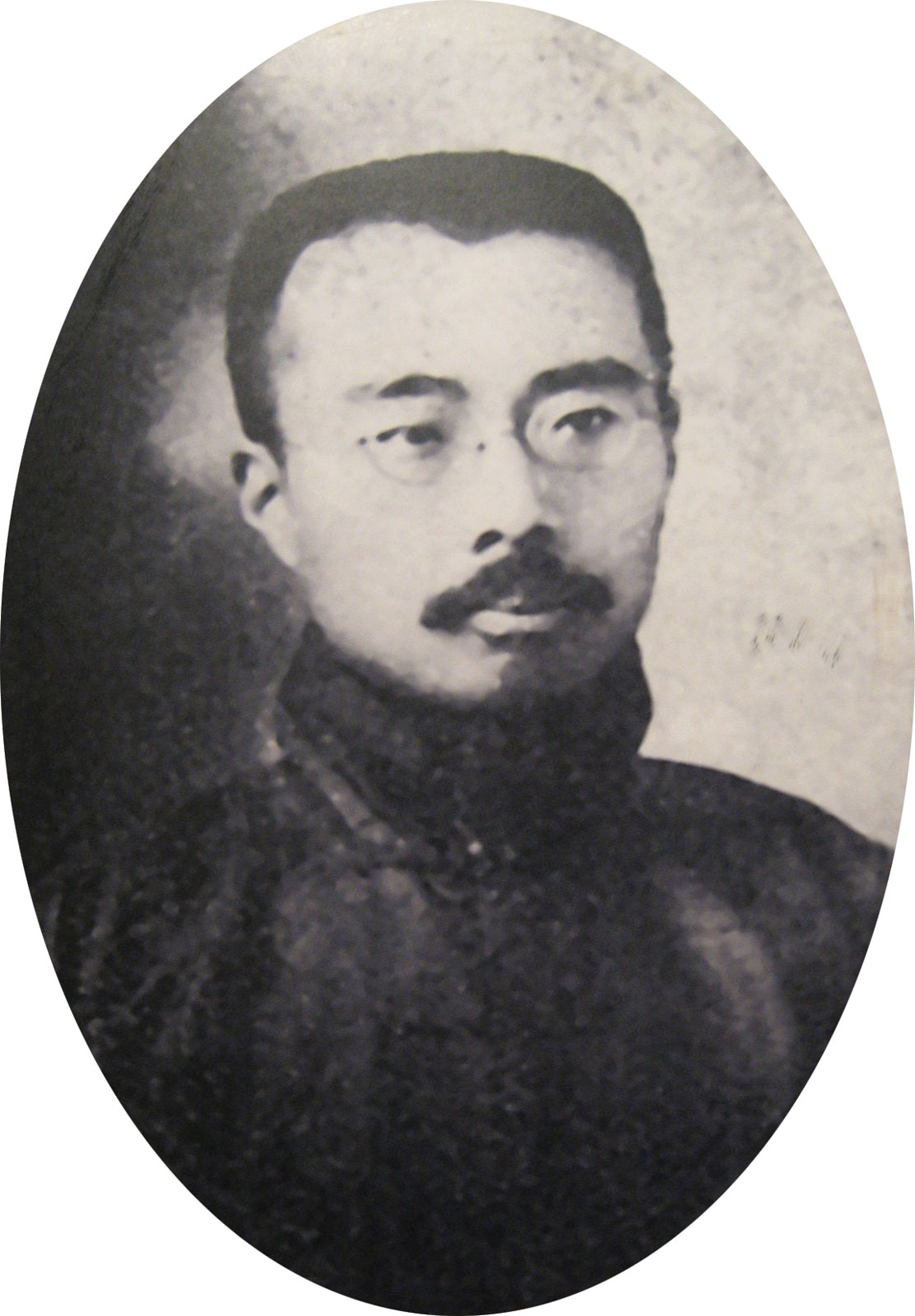News & Events | About PKU News | Contact | Site Search
PKU Today in History - a daily column featuring historic events regarding PKU and PKUers.
Zhou Zuoren, a renowned Chinese essayist, translator, critic, literary scholar and former PKU professor of the 1920s and 1930s, died of disease on May 6, 1967.

Zhou Zuoren
(Source: http://www.britannica.com/EBchecked/topic/114750/Zhou-Zuoren)
“You should not read Zhou Zuoren's works until you are 30 years old." Sun Yu, curator of Lu Xun Museum in Beijing, once said in an interview, "Being different from Lu Xun, his complexity lies in his abstruse thoughts."
Happy early years
Zhou Zuoren, born in 1885, was one of Lu Xun's younger brothers. Though their family was going in deterioration by the time the brothers were young, they still had no need to worry about livelihood. Zhou Zuoren went to Jiangnan Naval Academy (Nanjing Shuishi Xuetang) to study navy management in 1901. Five years later, he went to Japan to study Japanese language and literature, Classical Greek literature, and English literature with Lu Xun, where they translated "Overseas Collected Stories"(Yuwai Xiaoshuoji) together.
Life in PKU
After he came back to China, Zhou Zuoren worked in Zhejiang as an educational inspector (Duxue) and a teacher successively. With Lu Xun's recommendation, he went to Peking University in 1917. Then he became a professor in School of Literature and taught many courses, such as Greek and Roman literary history, European literary history and modern prose. Moreover, he founded Department of East Language and Literature and took up the post of the department dean.
Being one of the key figures during the May 4th Movement, he was an advocate of literary reform (Xin wenxue Movement) and what he termed a “humane” literature. In his published articles including Man's Literature (Ren de wenxue), Populace's Literature (Pingmin wenxue) and many colloquial proses, he called for a "humanist literature" in which "any custom or rule that goes against human instincts and nature should be rejected or rectified".
Due to the Lugouqiao Incident of 1937, many teachers and students left Beijing, but Zhou Zuoren stayed and watched over the university with the president's commission. Former PKU President Jiang Menglin recalled later in his memoir," I asked him not to leave. He once contacted with Japanese people, so he could help protect some school books and facilities. But this became the reason why he was arrested later in Nanjing."
During the Japanese occupation of north China, Zhou Zuoren was appointed PKU Library Curator by Wang Jingwei's regime in January 1939. Later, he was designated Dean of School of Literature and also the educational inspector by Wang Jingwei's regime.
Swaying days
In 1945, after the Second Sino-Japanese War, Zhou Zuoren was arrested for treason by Chang Kai-shek’s government, stemming from his collaboration with the Wang Jingwei government. He was sentenced to 10 years' imprisonment in 1947.
In January 1949, shortly before the liberation, the Nationalist Party Government with the temporary President Li Zongren decided to release some people under detention. As one of them, Zhou Zuoren was released on bail and went back to Beijing.
In the next 17 years, Zhou Zuoren lived a simple but undisturbed life. Primer Zhou encouraged him to do translation work after new China was founded. He translated numerous classical Japanese traditional and classical Greek literature, including a collection of Greek mimes, Sappho's lyrics, Euripides' tragedies, helped revise other translation works such as Jinxi wuyuji (こんじゃくものがたりしゅう) nd The Tale of Genji (Yuanshi wuyu). Zhou Zuoren once said to his friends that his whole life was not worth mentioning, but he was satisfied with his translation works.
Last days
During the Cultural Revolution, the People's Literature Publishing House no longer paid royalty to Zhou Zuoren, which used to be his sole source of income. Since then, the family could only live on the wages of his eldest son Zhou Fengyi and his wife. In August of the same year, the "Red Guards" sealed up his house and beat him with belt and stick. Zhou Zuoren asked his daughter-in-law Zhang Yanfang to send letters to the local police station and asked for euthanasia, but never received reply.
On May 6, 1967, Zhou Zuoren died of a sudden relapse of the illness. He was 82.
Extended Reading:
Written by: Chen Meng
Edited by: Li Xiaomeng
Source: PKU News (Chinese)